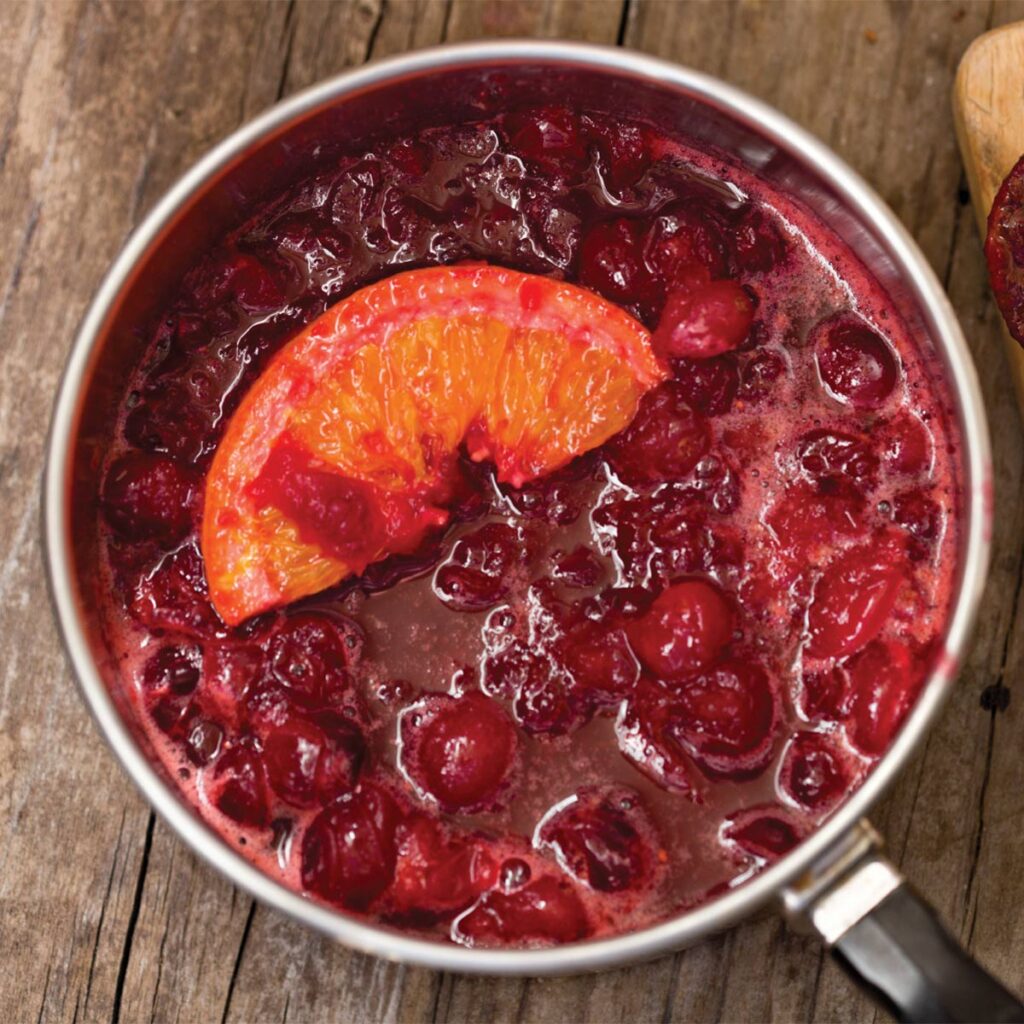How to Avoid Weight Gain
It seems like everywhere you go during the holiday season an abundance of food is waiting for you on a decorative table. According to a study by the New England Journal of Medicine, on average, Americans will gain one pound from the holiday season alone. One pound may not seem like a significant amount, but research from that same study finds that most people don’t ever lose the weight they put on during the holidays. What’s worse, according to one study by the National Institutes of Health (NIH), is this extra weight gain tends to accumulate through the years and may be a major contributor to obesity later in life. But holiday eating doesn’t have to be a battle to the bitter end with your tight-fitting jeans. Surviving the holidays is simpler than you think, when following these tips to combat those holiday treat temptations.
Indulge in socializing instead.
Let’s be honest – it’s impossible not to indulge on some holiday goodies during the festive season. But you can indulge the healthy way by doing so with a purpose that isn’t all about the treats. Try to focus on other parts of the party like the entertainment, decorations, and visiting with friends and family you haven’t seen in a while. Keeping yourself busy will keep your mind off the tempting holiday fare, and you’ll have more time to indulge on socializing.
Eat a reasonable meal ahead of time.
You already know not to grocery shop on an empty stomach, and the same concept applies to holiday gatherings. Try to eat well beforehand – otherwise you’ll be less selective and will tend to pick more from the onslaught of food available.


Skipping breakfast or lunch so you can splurge at the party is also a bad idea that may result in consuming more calories than you would if you had eaten something in advance.
Be smart about sweets.
Desserts and candies are staples of the holiday table, and heavy sugar-laden confections are where many Americans have a sweet spot. A study by the American Journal of Clinical Nutrition examined how sugar and fat affect regions of the brain related to overeating. The study showed that when it comes to food cravings, sugar has a stronger impact than fat. Harvard’s School of Public Health suggests developing a “sugar strategy” for healthier holiday eating by savoring the sweets and choosing simple desserts. It also suggests drinking tea after dinner and before dessert, because you may find that you’re content with sipping instead of noshing on a sweet dish.
Hold a drink and stand away from the table.
When you’re at a party with plenty of snacks, try to keep one hand busy by holding a cup with, of course, a low-calorie drink. Having only one free hand will make it harder to nibble on the circulating treats, and you can sip your drink or crunch your ice when you have the urge to munch. Another way to help curb heavy snacking is to stand at least an arm’s length away from the goodies, so you’re not tempted to raise your hand to your mouth. The Center for Disease Control reports people tend to consume more when they have easy access to food. In other words, out of sight, out of mind.
Select small portions and pace yourself.
Surviving the holiday season is all about management. A great way to prevent holiday weight gain is to pace yourself and think ahead about what you should eat. Be selective with your portion sizes and enjoy the things you really love – don’t bother wasting calories on the things you don’t. Since you’ll more than likely be serving yourself, pay special attention to your portion size. The Centers for Disease Control and Prevention suggests minimizing the temptation of second and third helpings by serving the food on individual plates, instead of putting the serving dishes on the table. Keeping the excess food out of reach may discourage going back for seconds.

